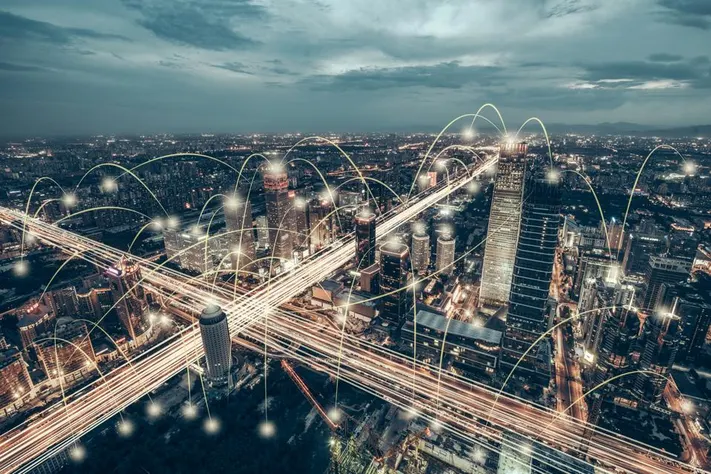
freecores.com – The Internet of Things (IoT) has become a transformative force in modern life. By connecting everyday devices to the internet, IoT enables them to collect, exchange, and act on data in real-time, creating more efficient, responsive, and intelligent systems. From smart homes to healthcare, IoT is playing a crucial role in enhancing convenience, safety, and quality of life. This article explores the key reasons why IoT is improving human well-being and daily experiences.
” Also Read: Why Cloud Storage is Becoming Popular and How to Use It “
One of the most visible ways IoT is making life easier is through smart home technology. Connected devices like thermostats, lighting systems, and home security cameras can be controlled remotely via smartphones or voice commands. These devices learn user preferences and adjust automatically to enhance comfort. For instance, smart thermostats can regulate temperatures based on your schedule, while smart lighting systems can adjust brightness according to natural light levels, saving energy and providing convenience. This automation simplifies daily routines and enhances living conditions.
In the healthcare sector, IoT is revolutionizing how individuals manage their health. Wearable devices like fitness trackers, smartwatches, and even smart medical devices such as glucose monitors allow people to monitor vital signs and overall health in real-time. These devices send data to healthcare professionals, enabling early detection of potential health issues and more personalized care. Additionally, IoT in hospitals improves patient care by ensuring that medical equipment is properly maintained, reducing errors and streamlining healthcare operations. This leads to better outcomes for patients and more efficient healthcare systems.
IoT is also making a significant impact on safety and security, both at home and in public spaces. Smart security systems allow homeowners to monitor their properties from anywhere. Providing real-time alerts and the ability to take immediate action if something goes wrong. In public spaces, IoT sensors are being used in traffic management, emergency response systems, and surveillance to improve safety. For example, connected cameras can detect suspicious activities and alert law enforcement in real-time. While smart traffic lights can adjust signals based on real-time traffic flow, reducing congestion and accidents.
” Also Read: Why Robotics is Enhancing Human Quality of Life “
The ability to monitor and control energy consumption is another important contribution of IoT. Smart meters and connected devices allow users to track and optimize energy use, reducing wastage and lowering utility bills. IoT-enabled systems can automatically turn off devices when not in use, adjust lighting and heating to save energy, and even integrate renewable energy sources like solar panels. These technologies not only save costs but also contribute to a more sustainable environment by reducing carbon footprints.
The Internet of Things is more than just a technological trend – it is reshaping how we live, work, and interact with the world around us. Through smart homes, health monitoring, enhanced security, and energy efficiency. IoT is improving the quality of life for millions of people globally. As this technology continues to evolve, its potential to address everyday challenges and improve well-being will only grow. Making our lives more comfortable, healthier, and secure.
